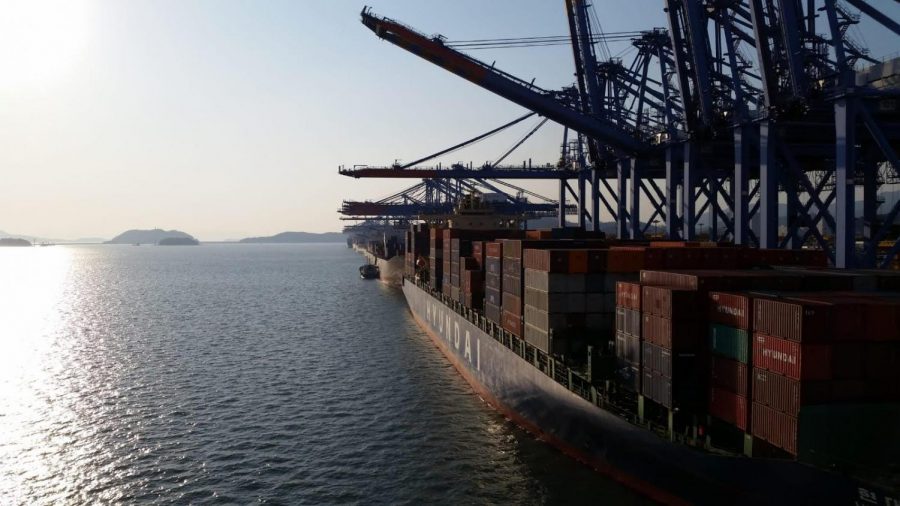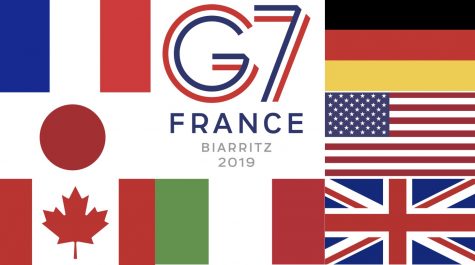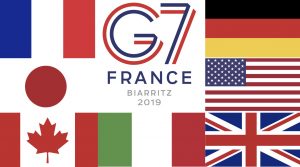The Iranian Situation: Is a Nuclear Crisis on the Horizon?
A ship preparing to sail across the Atlantic Ocean.
Sep 4, 2019
Few countries respect or want to do business with Iran. Saying that things are tense between them and the western nations would be an understatement. However, the countries’ relations were not always this way. Since the election of President Donald Trump, the U.S. exited from the Iran nuclear deal and has put multiple economic sanctions on Iran. The tensions related to Iran are negative but will not lead to a nuclear war, though Iran did show their strength in their amazing strategy. The United Kingdom (U.K.), United States (U.S.) and European Union (EU) have shown their weakness in surrendering small scuffles in fear of starting a war.
“If you look back on [the Cold War], there are a lot of similarities to today,” freshman Bryan Guillen said.
The grave danger of this escalation is that the powers involved have nuclear weapons. Many believe that this will lead to mutually assured destruction, a term coined by Donald Brennan, that states that a war in which both sides have nuclear weapons will lead to both sides getting destroyed. This tension will not be acted upon, as when both sides have nuclear weapons, they are extremely cautious to use them; a concept best illustrated during the Cold War. What happened then, and will happen now, is that no nuclear weapons will be fired. There may be a war, but Iran will not fire a nuclear weapon; no country will.
By using their nuclear weapons, Iran would ruin their trade and most of the resources essential to their survival as a country. They would also start a nuclear war that would mark the end of human civilization as we know it.
The most publicized part of the Iran tensions was the Iranian tanker seized by the United Kingdom (UK) in Gibraltar. This evolved into a standoff between Iran and the UK, backed up by the United States. They stopped the Iranian oil tanker because it was believed to be traveling to Syria. In retaliation, Iran seized an English oil tanker, so the UK backed down and both sides set each other’s ships free, much to the United States’ dismay. They had attempted to block the release of the tanker.

Iran is not seeking to increase tension but every country should be able to enjoy its rights under international law
— Mohammad Javad Zarif
The western powers have made similar mistakes regarding Germany in the 1930s, when the Allied Powers gave up Czechoslovakia to Germany without declaring war in fear that it would start another war. As we all know, it did not prevent a war; it only escalated the situation. The western powers will go down this same path unless they stop giving up the small battles.
“They will forfeit the small battles thinking that it will prevent the large battles, when in reality it makes it worse,” Freshman Patrick Heydasch said.
Iran manipulated this situation perfectly and may have cemented themselves as a new global power. It put its negotiating power on display during the G7 meetings, showing its military prowess by seizing the UK’s oil tanker and proved that other nations will succumb to its intimidation tactics to avoid war.
Iran has always been looked at cautiously, but the way that the nation handled this shows that it knows what it is doing. It is slightly scary to see actually, because the western global powers should know how to handle situations like this. There will not be a large nuclear war with Iran because of the high risks that war poses for their nation. However, the western powers’ choice not to remain a united front has left them at a political disadvantage and awaiting Iran’s next move.

























